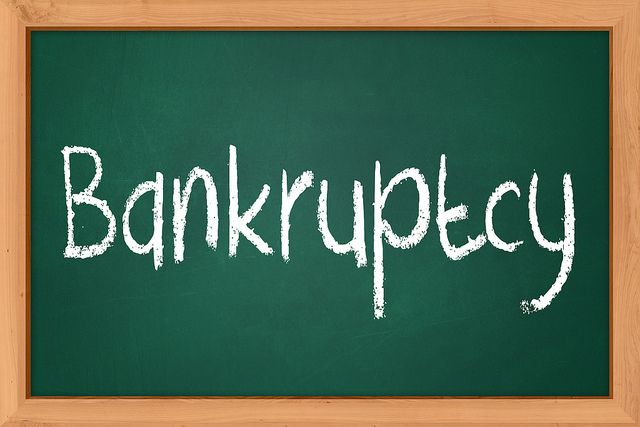
Photo by CC user Chris Potter
Taking care of your finances does not have to be difficult or frustrating. It requires discipline and planning that involves knowing your financial objectives and taking the necessary steps to accomplish them. Reviewing your financial plans on a regular basis will help you ensure that you stay on track.
Maintaining Financial Wellbeing
- Before taking the steps to achieve your goals, you have to determine the type of financial situation you need to feel secure.
- Financial wellbeing and security varies with different people. Some people want to be able to achieve a certain net worth while others want own homes or give their families financial support.
- A list of financial accomplishments according to your needs will help you formulate a specific financial plan. It is important to note that financial situations are also determined by factors such as age.
Financial Goals
Goals are essential aspects of financial planning. Your sense of financial security will be based on being able to access the resources you need to fulfill your needs. Goals vary with different people and you should rank your financial goals according to their importance. Goals such as being financially prepared for retirement, purchasing your first home and eliminating debt all require a clear agenda.
Financial Assessment
- In order for you to be able to improve your financial situation effectively, you need to evaluate your finances and be aware of your current situation.
- If your assets exceed your liabilities, you are in a position to direct the extra funds towards your financial goals.
- If your liabilities exceed your assets, you have the option of either increasing your income or reducing your debt before you will be able to improve your finances.
Savings
All efforts to attain financial security and freedom begin with saving. Setting aside enough money is crucial for achieving various goals. Savings also protect you from financial risks and emergencies. Can you file Chapter 13? Find out here.
Tips for Avoiding Bankruptcy
Bankruptcy can be compared to getting a second chance but it may not be the solution for everyone. It can adversely affect your credit and compel you to sell what you own. If your goal is to safeguard your credit, avoiding bankruptcy is important.
Careful budgeting is an important step towards preserving your finances. Most people lack the resources to spend as much as they want without worrying about where the money will come from. A budget enables you to structure your needs, understand your financial situation and determine how you will spend the money that you have.
- Monthly budgets are practical and effective ways of monitoring finances. A budget lists your fixed expenses as well as expenses that are likely to change every month such as utilities. Disposable income is determined by subtracting expenses from income and living within your budget will prevent you from being overwhelmed by debt.
- Saving regularly, regardless of how small the amounts may be will eventually lead to being able to have enough money that you can use to cover your expenses.
- If you have several debts, you can consider credit counseling and other debt management solutions such as settlement and consolidation.
Bio
Maryann Walker is an editor and writer. She has been working in the media industry for more than 10 years and has experience in both print and electronic media. She enjoys spending time with her husband and children. Can you file Chapter 13? Learn more here.







